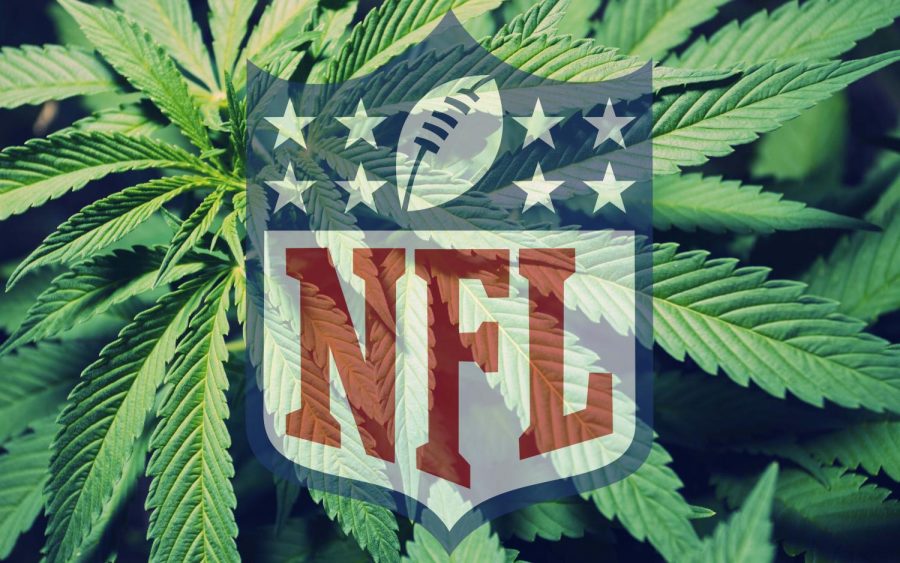UCSD researcher to lead NFL-funded study funded into THC and CBD for injuries
At the beginning of February, the University of San Diego was informed that it would be on the receiving end of a substantial grant to study cannabis’ suitability for sports injury-inflicted pain management.
With the $500,000 in funding, UCSD researchers can explore the therapeutic effects of cannabidiol (CBD) and tetrahydrocannabinol (THC) — two primary constituents of the cannabis plant.
“It’s a very positive sign that NFL owners are embracing this,” said former league kicker, Nick Lowery. “The players association is embracing it, but let’s not get caught in that classic thing where we study it to death. It works.”
The founder of NativeVision – an innovative youth development program run by Johns Hopkins Center for American Indian Health (JHCAIH) – played for the Kansas City Chiefs, New England Patriots and New York Jets during his career.
According to the three-time Pro Bowler, who has already been involved in the cannabis industry for a number of years, CBD could offer a welcome alternative to addictive opioids.
NFL-funded cannabis study: Lead researcher is curious about CBD and THC combinations
Dr. Mark Wallace will assume the role of lead investigator for the UCSD’s NFL-funded study, which is expected to stretch over two years.
A co-principal investigator and pain management specialist at UC San Diego, Wallace was responsible for helping to establish the UCSD Center for Medicinal Cannabis Research in 2000.
“They know that the NFL players and elite professional athletes are using medical cannabis for recovery. They know they’re using THC and CBD,” said Dr. Wallace.
“We hypothesize that the pain relief is likely coming from the THC. But there may be some benefit of combining the THC with the CBD because we will be looking at side effects also.”
NFL-funded cannabis study: Researchers will team up with professional rugby players
Despite ongoing discussions surrounding the use of cannabis as a treatment for athletic pain, the NFL has not yet approved the use of cannabinoids like CBD or THC.
In an attempt to better understand the efficacy of using these plant-derived compounds, Wallace says that researchers plan to treat rugby players who have endured sports-related injuries.
“They’re looking for alternatives to opioids. Because a high percentage of NFL players are exposed to opioids during their career, a high percentage of them remain on opioids after retirement,” said Wallace. “And we all know the problems with opiods and the opioid crisis. And I think the NFL is starting to realize that, they just want some science behind it.”
The study’s launch will take one year, before the clinical trial commences in February 2023. The findings are expected to be published the year after.








